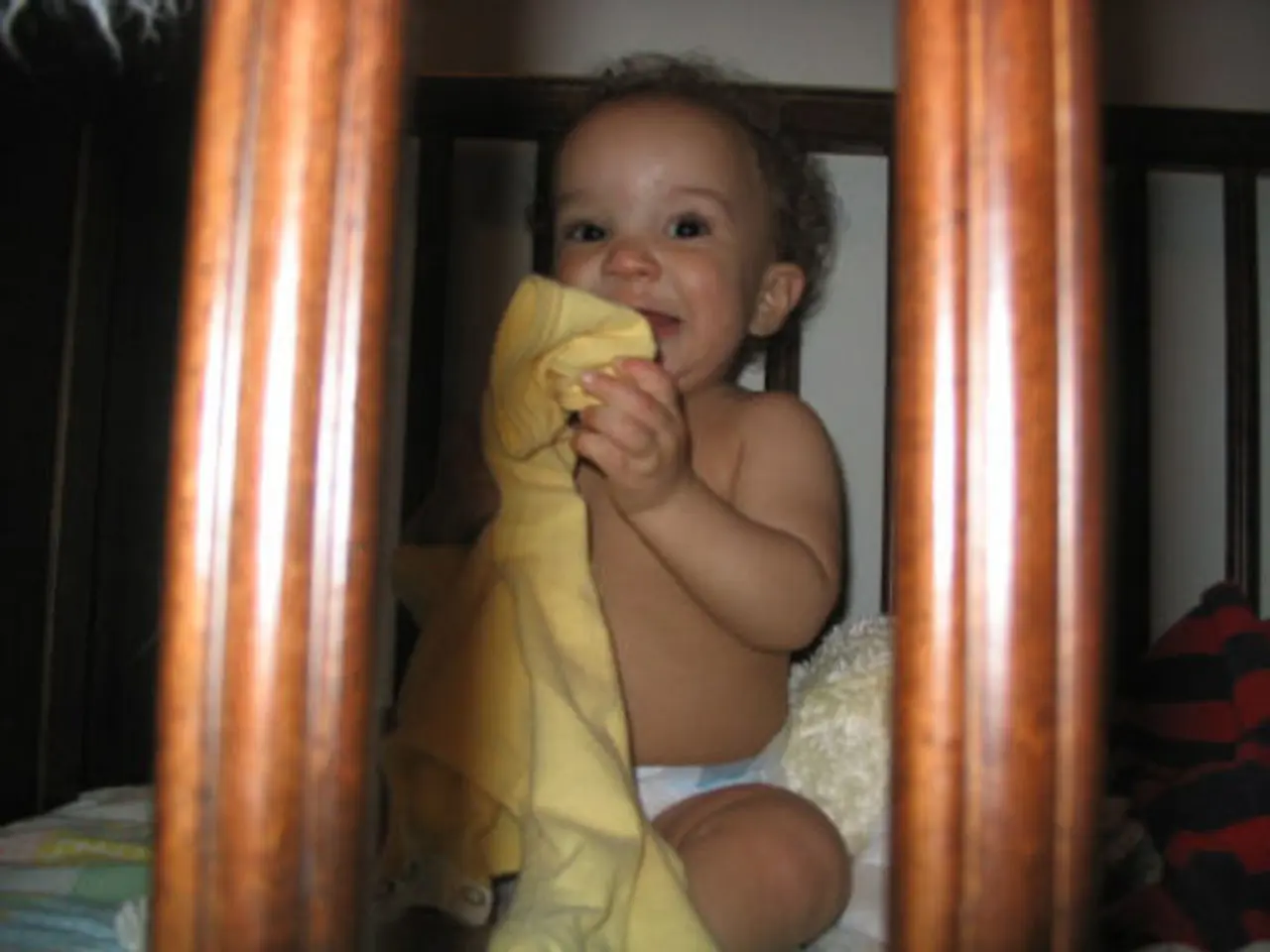Guide for Assisting Children in Overcoming Nighttime Incontinence
Bedwetting, also known as nocturnal enuresis, is a common issue that affects many children, especially those over the age of 5. However, persistent bedwetting in children older than 7 years can be an indication of a possible underlying health disorder.
By the age of 7, bladder control should typically be established. If a child over this age continues to wet the bed regularly, it could signal developmental delays, neurological problems, or urinary tract infections. It's essential to consult a pediatrician to evaluate for such conditions and guide appropriate treatment.
Bedwetting is a common problem, affecting about 15% of children in the U.S. who are 5 years of age or older. In fact, about 15% of these children stop wetting the bed each year.
There are several factors that might increase a child's risk of bedwetting. These include experiencing a lot of stress and anxiety, having a family history of childhood bed-wetting, or having ADHD (attention-deficit/hyperactivity disorder).
Several lifestyle changes can help manage bedwetting. For instance, eliminating bladder irritants such as caffeine, citrus juices, artificial flavorings, dyes, and sweeteners can be beneficial. Also, avoiding thirst overload by giving your child a water bottle at school is advisable.
Improving sleep hygiene can also help reduce bedwetting incidents. This includes cutting back on screen time, especially before bedtime, and implementing an earlier bedtime.
A regular urination schedule can also be effective. This involves urinating every two to three hours and right before bedtime. Increasing fluid intake earlier in the day and reducing it later, stopping after dinner, can also help.
Other possible causes for bedwetting include hormone imbalance, constipation, or more serious issues. Constipation may be a factor in bedwetting, affecting about one-third of children who wet the bed.
Bedwetting alarms can be effective if the child is motivated to change. However, it's important to never resort to punishment for bedwetting incidents.
When a child is older than age 7 and still wetting the bed, it might be a good idea to consult with their primary care physician, a pediatric nephrologist, or a pediatric urologist. Dr. Charles Kwon, a pediatric nephrologist, mentioned that boys are twice as likely to wet the bed compared to girls, and they usually present with no other medical problems.
In conclusion, while bedwetting is common in children, persistent bedwetting in older children can indicate an underlying health issue. By understanding the causes and implementing appropriate lifestyle changes, many cases of bedwetting can be effectively managed.
Read also:
- Peptide YY (PYY): Exploring its Role in Appetite Suppression, Intestinal Health, and Cognitive Links
- Toddler Health: Rotavirus Signs, Origins, and Potential Complications
- Digestive issues and heart discomfort: Root causes and associated health conditions
- House Infernos: Deadly Hazards Surpassing the Flames








